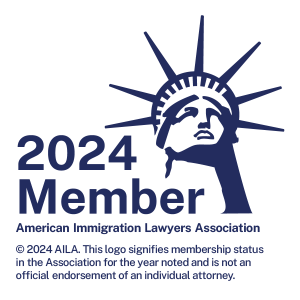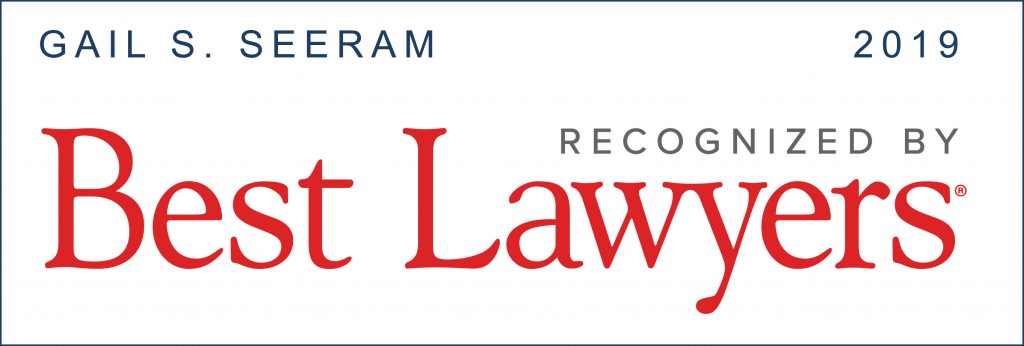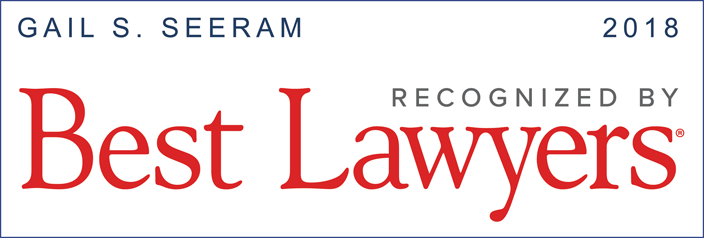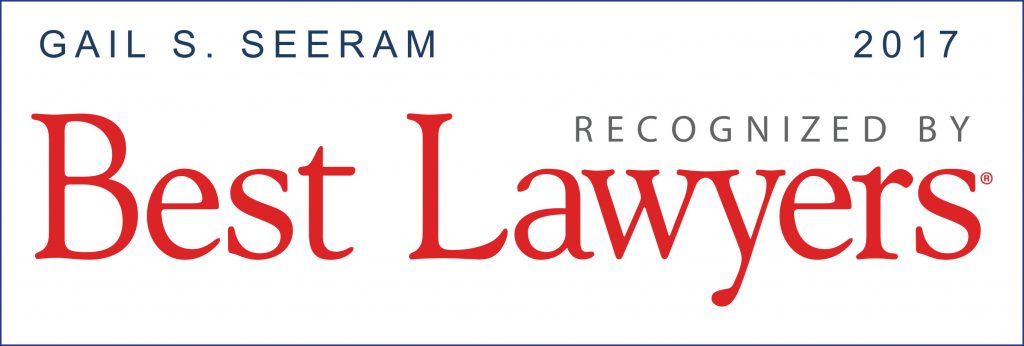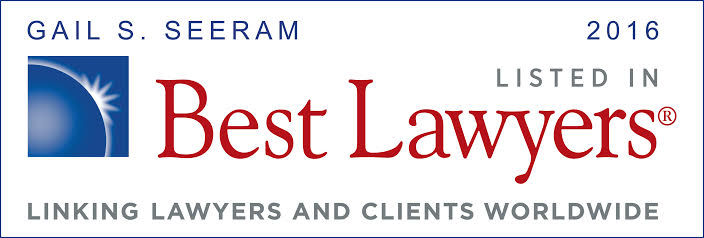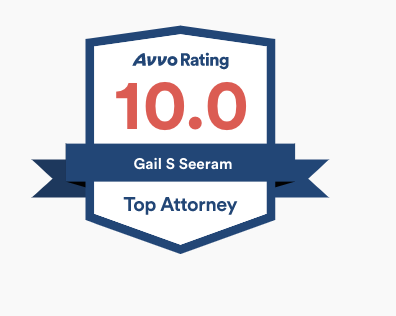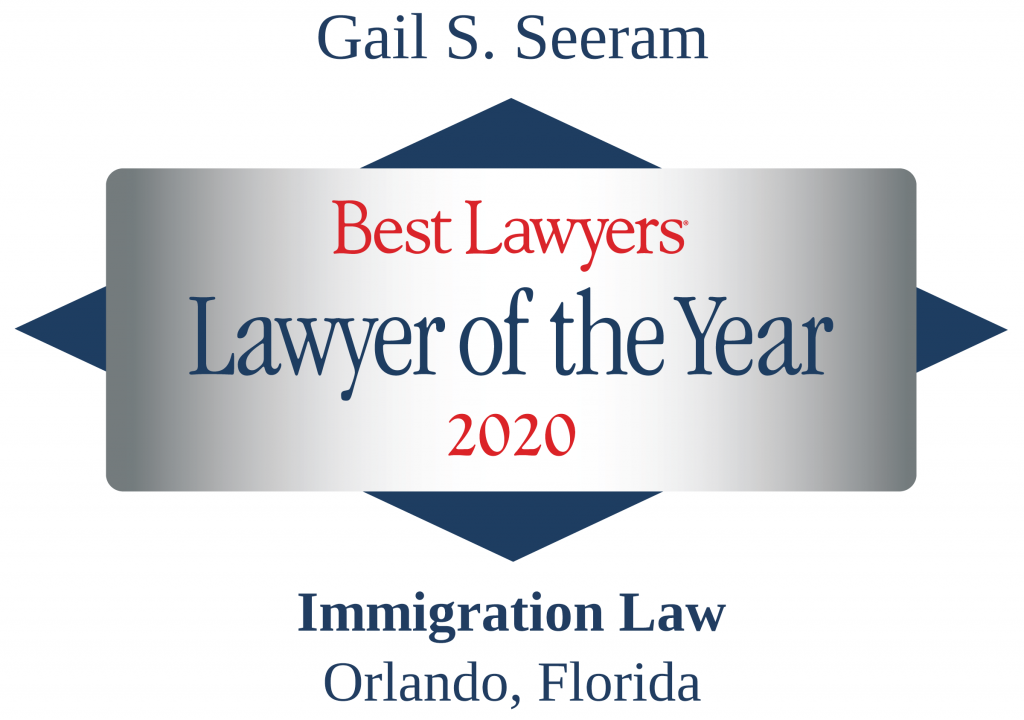Effective July 29, 2020, the U.S. District Court for the Southern District of New York in State of New York (SDNY) enjoined or stopped the Department of Homeland Security from enforcing or applying the Public Charge Rule effective on Feb. 24, 2020 for any period during which there is a declared national health emergency in response to the COVID-19 outbreak. Applicants and petitioners whose applications or petitions are postmarked on or after July 29, 2020, should not include the Form I-944 or provide information about the receipt of public benefits on Form I-485, Form I-129, or Form I-539/I-539A.
As long as the July 29, 2020, SDNY injunction is in effect, USCIS will apply the 1999 public charge guidance that was in place before the Public Charge Rule was implemented on Feb. 24, 2020 to the adjudication of any application for adjustment of status on or after July 29, 2020. In addition, USCIS will adjudicate any application or petition for extension of nonimmigrant stay or change of nonimmigrant status on or after July 29, 2020, consistent with regulations in place before the Public Charge Rule was implemented; in other words, we will not apply the public benefit condition.
———————————————————————————————-
On January 27, 2020, in a 5-4 decision, the Supreme Court allowed the Trump administration to implement new rules designed to deny U.S. residency (or green cards) and admission to immigrants seen as a risk of becoming “public charges.” Many have criticized the new public charge rule as a “wealth test” to keep out non-white immigrants.
Under current immigration policies, public charge refers to individuals who are primarily dependent on the government for subsistence, like people who rely on cash assistance programs, or require long-term care at the government’s expense. A person can be denied admission or a green card if they are ‘likely to become a public charge’ which means one who is likely to receive designated public benefits at any time in the future.
SEVEN-FACTOR TOTALITY OF CIRCUMSTANCES TEST: The final public charge rule sets forth seven factors an officer can consider in deciding the ultimate legal issue of whether the applicant is more likely than not to receive public benefits. Although the affidavit of support (Form I-864) is required to be completed by the Petitioner, it is no longer the only factor in considering whether the immigration will be a public charge or relied on government benefits.
The seven-factor totality of circumstances test involves what Gail.Law refers to as FEEL Age & Health:
Family Size
English Proficiency
Education, Certificates, License, Skills
Liabilities & Assets
Age
Health
WHO DOES PUBLIC CHARGE RULE AFFECT? It only applies to people applying for Permanent Residence through a U.S. citizen or permanent resident relative or for a visa to enter the United States.
ADJUSTMENT OF STATUS IN U.S. & OVERCOMING PUBLIC CHARGE RULE: Prior to the new rule, the focus of public charge determination has been the Affidavit of Support, Form I-864, filed by one or more sponsors. Now, the focus shifts from the sponsor and onto the intending immigrant.
Adjustment of status applicants are now required to file a new Form I-944, Declaration of Self-Sufficiency. Applicants who are determined to be inadmissible under the new public charge rule
will now be able to overcome that inadmissibility by posting a bond – but only if DHS invites them to do so.
EMBASSY INTERVIEWS & OVERCOMING PUBLIC CHARGE RULE: All immigrant visa (green card) applicants appearing for their interview at the U.S. Embassy need to be aware that more documentary evidence (besides a Form I-864 affidavit of support) will be required to prevent a denial based on public charge at embassy interview. Applicants are advised to work with their lawyer to gather additional evidence to meet the seven-factor totality of circumstances test reference above.
WHO DOES PUBLIC CHARGE RULE NOT AFFECT? Refugees and asylees, people with a U Visa, T Visa, Violence Against Women Act, or Special Immigrant Juvenile Status, DACA and TPS applicants, U.S. Citizens and permanent residents (or green card holders).
DOES PUBLIC CHARGE RULE AFFECT A GREEN CARD HOLDER? No. Generally, people who already have a green card are not affected by public charge. There is no public charge test to renew a green card. Green card holders cannot be deported simply for using public benefits unless a fraud was committed in obtaining the public benefit.
I WANT TO APPLY TO BECOME A U.S. CITIZEN, WILL IT HURT MY CASE IF I USE BENEFITS? No! There is no public charge test for naturalization, the process to become a U.S. citizen.
WHAT IF MY CHILDREN OR OTHER FAMILY MEMBERS RECEIVE PUBLIC BENEFITS? The rule only considers benefits received by the person applying for permanent residence or the visa. Family members receiving benefits, like U.S. citizen children, will not count against you.
EXEMPTION FOR THOSE WHO RECEIVE PUBLIC BENEFITS: The following categories of benefits received by a foreign national in the U.S. will not be deemed using “public benefits”
● Emergency Medicaid;
● Services provided under the Individuals with Disabilities Education Act;
● School-based services;
● Benefits received by individuals under age 21; and
● Benefits received by pregnant women
For more information on public charge rule,
text/call 407-292-7730 | whatsapp 407-353-1363 |email [email protected]
FREE phone & in-office consultation – FREE Live Chat www.GailLaw.com
Copyright © 2020, Law Offices of Gail S. Seeram. All Rights Reserved.


